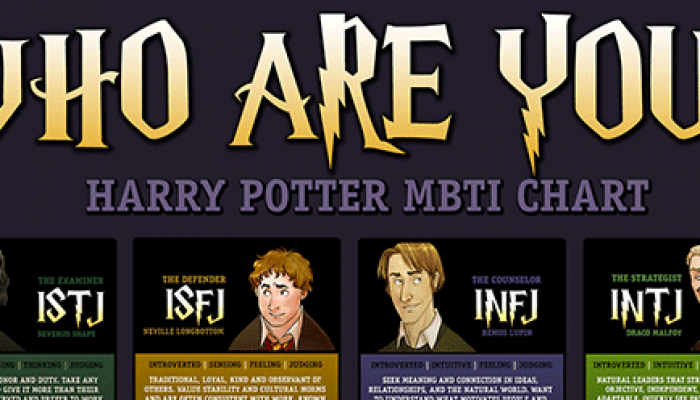
Many professors are confused about why a certain graduate student is happy or unhappy, under performing or performing well. I am far from a perfect supervisor, but I try to avoid this confusion by getting to know my graduate students on a relatively deep but professional level as quickly as possible, by doing the following in our first meeting:
- sharing results of a personality test;
- discussing our biggest goals, hopes and fears about their graduate work; and
- planing a very short two-week research project.
Before the meeting, the student and I take a free online personality test and prepare to discuss goals, hopes, fears and a research project. Below I outline the how and why of each part of the first meeting… hopefully I will never be this professor:
1. Share results of a personality test
Sharing the results of a personality test is often the perfect ice breaker since it is talking about emotions, but not about a student’s personal life. I use the Myers-Briggs Type Indicator because it is what i am most familiar and comfortable with but other personality tests such as colour code or FourSight could also work. Myers-Briggs is a physiological test that highlights how people perceive the world and make decisions; a free online version can be completed very quickly.
I usually start by describing my personality type (INTJ) and that there are 16 different personality types, emphasizing that no type is better or worse than any other for science or any other part of life. Then I ask them if they are comfortable sharing their personality type and we discuss how the two types fit together. I find this very effectively focuses on how we can work best together and acknowledges that everyone is different. And for students who are uncomfortable, each Myers-Brigg’s type is linked to a Harry Potter character which can be fun:
2. Discuss our biggest goals, hopes and fears about their graduate work
The Myers-Briggs sharing often naturally leads to this important discussion where both the student and I share our biggest goals, hopes and fears for their graduate work. I usually start by sharing, and I am usually brutally honest. I usually have a goal of how their project fits into my broader research program, and sometimes specific hopes of how the student and I may grow, learn or interact. In some cases I have been really honest about my fears that I don’t know enough about the topic, I don’t have as much time to devote to supervising them as I would like, or the project may fail, etc. Most students find the honesty refreshing.
Then I ask the student to share and we end up writing down shared goals, hopes and fears so that they can be reviewed at later meetings. This becomes the template of what we hope we will both get out of their graduate work, so we return to these goals, hopes and fears a couple of times per year to check in and re-evaluate.
3. Plan a very short two-week research project
Finally, we decide on a mini research project which should actually be doable in two weeks, and is not just be a literature review. The topic can be related to their overall graduate project or not, and can come from the student, professor or both. It could involve analysis, modeling, field work etc. In two weeks time a 1000-2000 word research paper is due.
This mini-project often accomplishes a lot:
- focuses on the student on research rather than their new classes, new apartment, new city etc.
- helps both of us figure out how to best work together (i.e. lots of meetings and guidance or not)
- Builds the student’s confidence in starting something new in this new environment
- helps me evaluate their research and writing skills so that we can better tailor their graduate project.
It is a pretty intense first meeting that takes preparation, emotional intelligence and usually two hours but I find the dividends are always well worth the effort.
Thanks to DISCCRS for teaching me the value of the Myers-Briggs test and Mark Jellinek for the short research project idea.

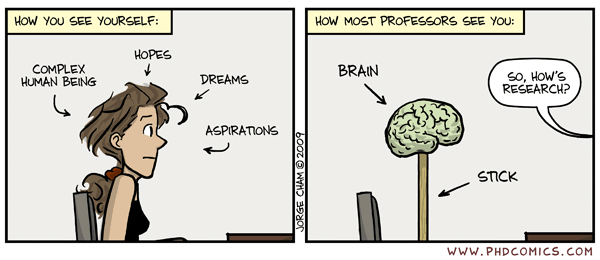
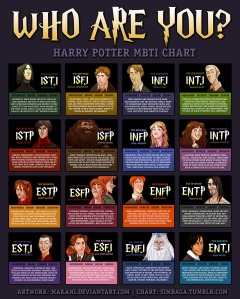
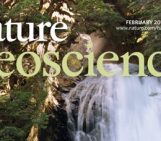

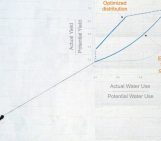

reviviana
Thanks Tom for the interesting post and for sharing your approach!
I really like it. I think it is an excellent way to start knowing the students and to find the best way to work with them.
Viviana